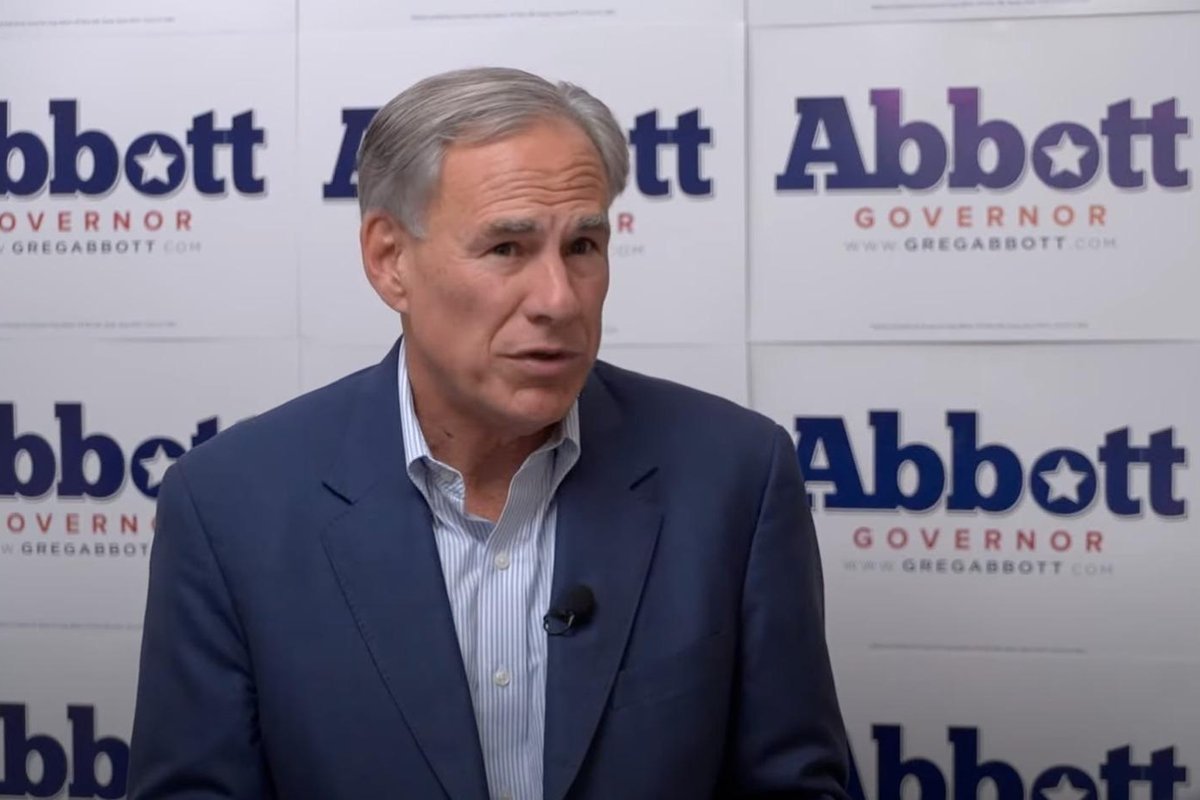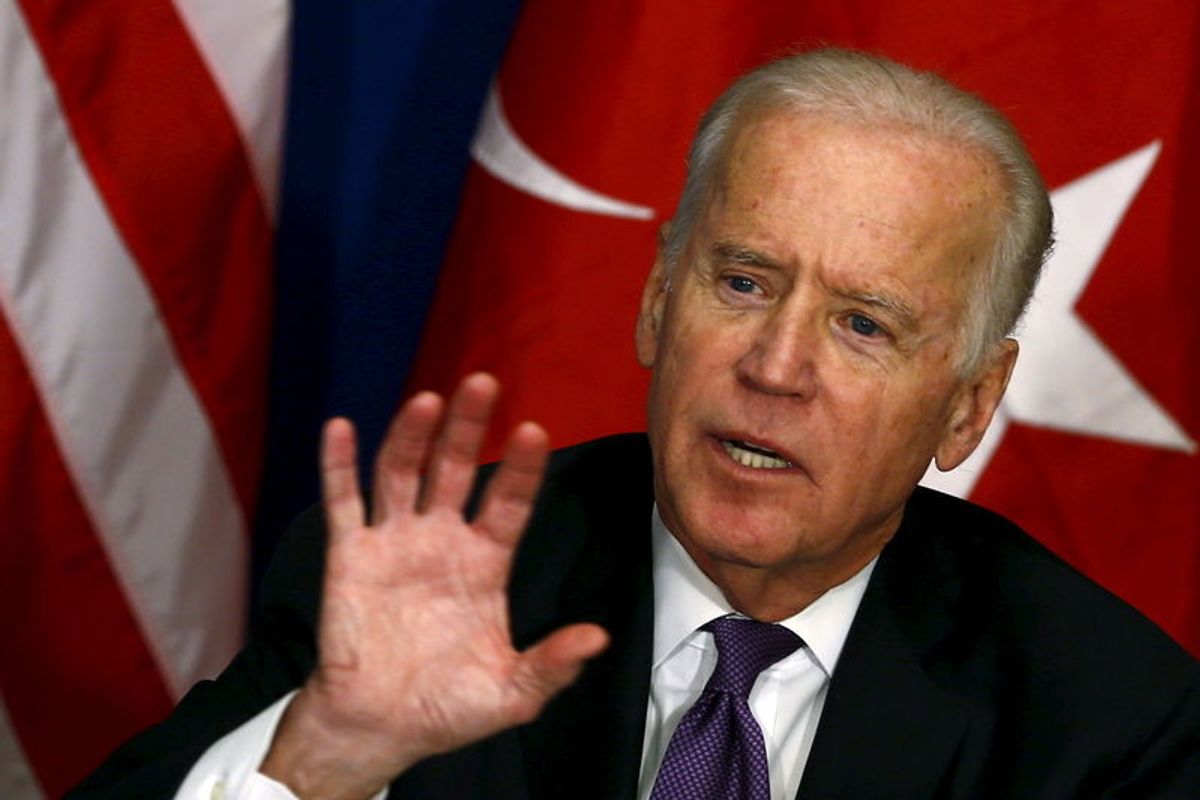
By Sam McManis, The Sacramento Bee (TNS)
She is 84 and, much to her dismay, doesn’t get around as well as before. Only rides her bike 15 miles a day, now. In her younger days, she would navigate a sailboat to far-flung locales such as the Baltic and South China seas, hike in Tibet and Egypt, traverse the Great Wall of China, take off in an Airstream to search for America.
Aging, however, hasn’t slowed Nancy Sinclair’s yen for travel.
When Sinclair and her friends at Roseville, Calif.’s Sun City feel especially adventuresome, they will hit the road with Road Scholar, the educational travel service that for 40 years has provided trips and lifelong learning programs for older adults — 5 million or so, at last count — be it exploring the geologic masterpiece that is El Capitan with a naturalist in Yosemite National Park or ogling artistic masterpieces such as Michelangelo’s “David” in Florence, Italy.
For Sinclair, her Road Scholar experiences took her to Sedona, Ariz., and on to the Grand Canyon via train in one extended trip, a long visit to the Canadian Maritime provinces the next.
“Everything is done for you,” she said. “Every day is organized. You don’t get lost. You have people pointing out history. What I like, in any trip I take, is … to get the knowledge of the local area. They’ll bring in artists and local people who live in that area. They take you to places you might not find on your own. Plus, you learn what’s going on now. I’d never heard of it before my friend, a tour organizer, told me. Of course, back then, it was still called Elderhostel.”
Right, about the name: For its first 35 years, the nonprofit was known by the name Elderhostel, modeled on Scandinavian folk schools by two American academics. But in 2010, the organization underwent the marketing equivalent of an aging diva getting plastic surgery — a total branding makeover. Its name was changed to Road Scholar, which certainly seemed to better reflect the true nature of the program’s evolution, giving it an almost Kerouacian romantic sheen, coupled with high intellectual purpose.
With the first wave of baby boomers now comfortably ensconced in senior citizenship, and millions more hitting the Medicare threshold every year, Road Scholar CEO James Moses said the original name was a “misnomer,” at least partially. Sure, many of the participants could be classified as elderly, though many a boomer may blanch at that designation, but “people were never staying in hostels.”
Indeed, when you think Elderhostel, you think of granola-munching people bedding down in dingy dorm rooms and walking around in shorts, black knee-high socks and Birkenstocks. Truth is, these “experiences,” as Moses refers to trips, often are on luxury buses or trains, and the accommodations are plush, not spartan, the food gourmet and the wine certainly not guzzled out of smelly goat-skin bota bags. A name change had been batted around for years, since the American version of Elderhostel had long since morphed beyond its Scandinavian-inspired roots.
“The problem for years was, (Elderhostel) had became so iconic,” Moses said. “Everybody knew the name, and it was difficult for us to contemplate utilizing a different name. Ultimately, in 2010 we made the decision that this next generation of ‘elders’ was finding such difficulty with the name that it made sense for us to take the plunge.
“Probably the real transitioning started 10 years ago, when the World War II generation started to give way to the silent generation, to use demographers’ term. People, while they still have learning as their primary objective, began to become more interested in experiential learning rather than classroom-based learning. We started shifting the academic and lecture portion to be more on-site.”
This newer generation of “elders” embraces technology, Moses said, which makes on-site learning easier.
“If your experience is in a museum, the lecture now is taking place in the museum, rather than (in a lecture hall) before you get to the museum,” he said. “For instance, we use these listening devices where the academic is wearing a mike and everybody in the group has their ear buds. And you can hear, even if he or she is whispering, from 40 to 50 feet away. So you can lecture without disturbing anyone else in the museum. It makes for a great way for people to get information and learn.”
It is the educational aspect that separates Road Scholar from other for-profit travel organizations geared toward seniors. It’s one thing to see the Grand Canyon, marvel at its sweeping grandeur and read a plaque or national park brochure; it’s quite another to have a geologist delve deeply into the rock formations, describing how epochs of climate change carved out such a dramatic landscape. In addition to the tour Sinclair took from Sedona to the Grand Canyon, via the Verde Canyon Railroad, Road Scholar offers rafting trips, rim-to-river hikes and a six-night North-to-South Rim exploration.
Such insider knowledge was worth the $995 she paid, Sinclair said. (The rafting adventure is the most expensive of the Grand Canyon trips, at $1,485, including hotel stays and meals.)
“I’ve made comparisons, pricewise,” Sinclair said. “It’s pretty good, and you get what you pay for. You learn something.”
David Hess, also of Roseville, took part in several Road Scholar programs with his wife before she died last summer. Twice, they went on a Road Scholar-sponsored trip to Ashland for the Oregon Shakespeare Festival.
“They had one of the actors come in and tell us from their perspective how they did the role, what they liked and didn’t like about the production,” Hess said. “I remember this one actor from ‘The Merchant of Venice’ came in one time and said, ‘I told the director that I’d play the part any way they wanted it except as gay. And guess, what? He wanted me to play it gay.’
“They got one of the directors to come in and tell us why he directed it the way he did. It made you look at the (play) differently. People were asking this fellow all sorts of questions, from, ‘Did he belong to the union?’ to real technical things about the production, things of that sort.”
Sometimes, the Road Scholar attendees actually stay at universities. On a tour of the Four Corners area (Arizona, Colorado, New Mexico and Utah), Hess recalled, he and his wife stayed near Northern Arizona University in Flagstaff and interacted with students from NAU’s school of hotel and restaurant management.
“They made a gourmet dinner for us,” he said. “Pretty good. One time in Ashland, we ended up eating with the students (at Southern Oregon University). They used to call us White Caps, for all of our gray hair. That was funny.”
As with any tour, group dynamics can be tricky. Plus, interests can wax and wane in subject matter. Hess said he and his wife played hooky while on an Elderhostel (pre-name change) trip to the Northern California wine country.
“They were fine with it,” he said. “If you leave the group, they want to know. We just didn’t care for one of the courses they were teaching — I can’t remember which — so we excused ourselves and went to another restaurant, just to get away. But you come back, of course.”
Sinclair: “I had one of those kinds of experiences in a tour of Italy. Boy. You just roll with it. That’s life. You’re going to run into people you don’t get along with or things that don’t interest you.”
Moses did note that Road Scholar’s fastest-growing segment is in its Flex Programs — where participants have access to all the experts and amenities but chart their own specific itinerary.
“That (Flex) program really was a nod to this next generation of baby boomers,” Moses said. “They did a lot of traveling and backpacking on their own when they were younger. They like the idea of independent exploration, but they also wanted the benefit of insider access we provide. There’s less scheduled time, although it’s still a pretty rigorous academic experience. People like that.”
Another nod to a changing demographic is a growing number of trips for grandparents and their grandchildren — usually ages 6 to 14, but occasionally college-age.
“These days, a lot of grandparents don’t live near their grandchildren,” Moses says, “so it gives them a chance to experience some time together they wouldn’t have if that middle generation, the parents, were there.”
Other programs are geared for all three generations, including a recently introduced “family learning adventure” to Cuba.
The organization also has started using celebrities as “teachers.” In March, Road Scholar announced that former network news anchors Tom Brokaw and Dan Rather will host two lecture trips this spring and summer, one coming aboard a ship charting the maritime history of Nova Scotia.
“It probably will happen more often, as lots of these well-known experts in their fields begin to age and retire,” Moses said of using celebrities to host programs.
Might there, one day decades hence, be a Kim Kardashian Road Scholar “experience”?
“I think I can safely say that won’t happen,” Moses said.
ROAD SCHOLAR // www.roadscholar.org; (617) 426-7788
Photo: A hike in the Canadian Rockies is an example of the excursions offered by Road Scholar, an education-promoting travel service once called Elderhostel. (Courtesy Eileen Knesper/Road Scholar)


